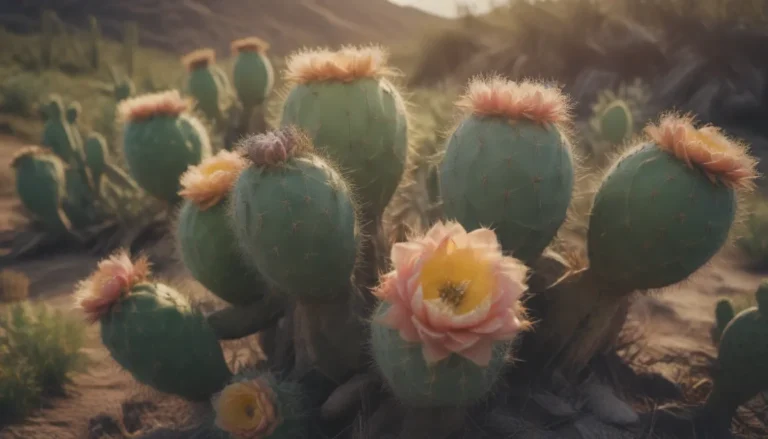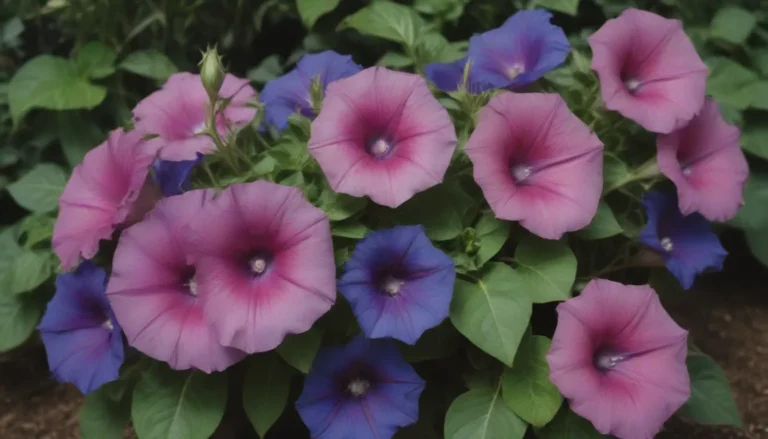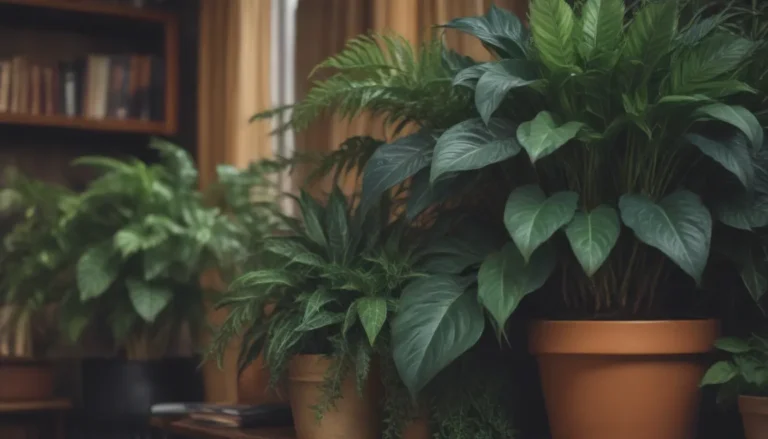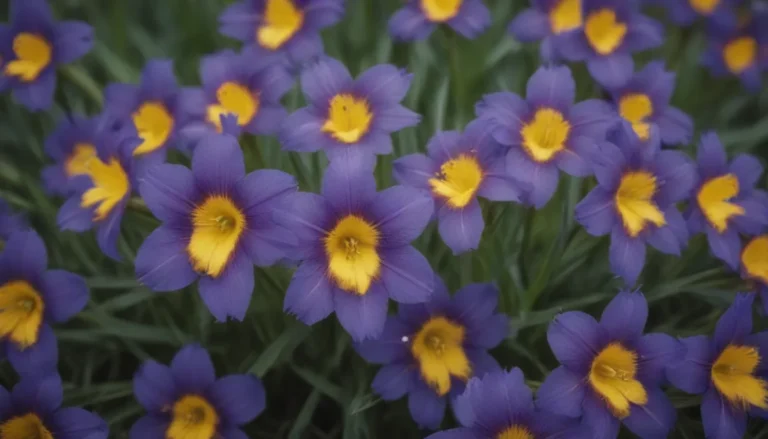The Ultimate Guide to Beet Companion Plants for a Thriving Vegetable Garden
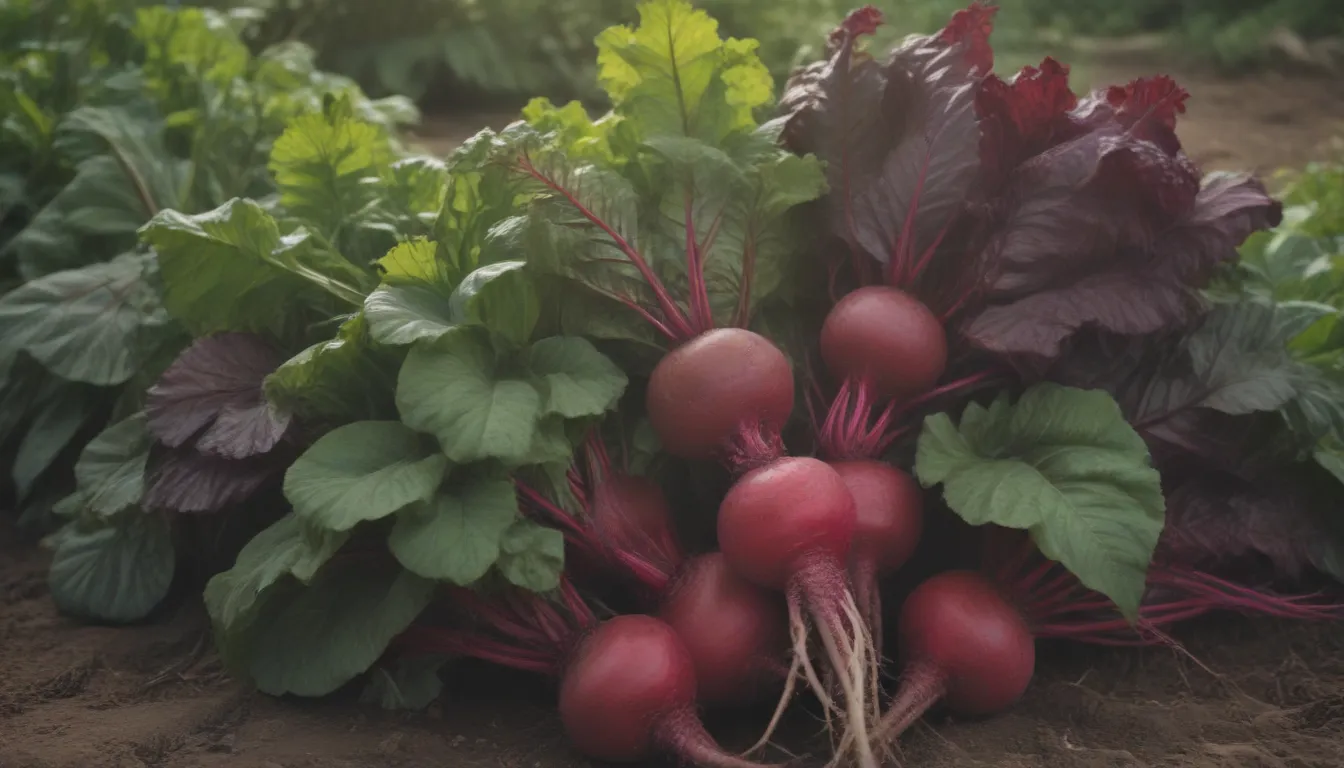
Are you looking to maximize the potential of your vegetable garden while enjoying a bountiful harvest of delicious, homegrown produce? If so, companion planting is a strategy you should definitely consider. By strategically choosing plants that complement each other, you can create a thriving ecosystem that benefits your entire garden.
In this comprehensive guide, we will explore the world of beet companion plants and how they can help you achieve a successful and productive vegetable garden. From garlic to tomatoes, we will cover 17 of the best companion plants for beets that will help you optimize your garden space and enhance your harvest.
What is Companion Planting?
Companion planting is a gardening technique in which two or more plants are grown in close proximity to each other to maximize their growth potential and provide mutual benefits. By carefully selecting companion plants, you can improve soil health, deter pests, and increase overall productivity in your garden.
Why Companion Plant with Beets?
Beets are versatile root vegetables that thrive in a variety of climates, making them an excellent choice for companion planting. Their agreeable nature makes them great companions for a wide range of plants, allowing you to create a diverse and abundant garden that is both aesthetically pleasing and productive.
Best Companion Plants for Beets
- Garlic
-
Garlic is not only a flavorful addition to your garden, but it also helps protect your beet harvest from pests like aphids, cutworms, and army worms. Planting garlic alongside your beets can help deter pests and promote healthy growth.
-
Carrots
-
Carrots and beets make great companions as they both thrive in similar growing conditions and do not compete for nutrients. Planting carrots alongside your beets can help maximize soil space and promote healthy root development.
-
Catnip
-
Catnip’s strong scent deters pests like aphids, mice, and flea beetles, making it an excellent companion plant for beets. Additionally, catnip blooms from spring to fall, attracting pollinators and enhancing your garden’s ecosystem.
-
Kale
-
Kale and beets both thrive in cooler weather and sunny conditions, making them ideal companions in the garden. Planting kale alongside your beets can help maximize space and provide a variety of flavorful vegetables for your table.
-
Brussels Sprouts
-
Brussels sprouts and beets are both cool-weather crops that can coexist harmoniously in the garden. Their different statures allow them to stand side-by-side, making them an excellent combination for a fall harvest.
-
Radishes
-
Radishes and beets are closely related root vegetables that can grow well together in the garden. With similar growing conditions and complimentary root systems, these two plants make excellent companions for maximizing soil space.
-
Mint
-
Mint is a fast-growing herb that can be a beneficial companion plant for beets when grown in containers. The flowers of mint distract pests like aphids, helping to protect your beet crop from infestations.
-
Marigold
-
Marigolds are commonly used as companion plants for vegetables due to their ability to repel pests and attract beneficial insects like lacewings. Planting marigolds alongside your beets can help create a balanced and healthy garden ecosystem.
-
Broccoli
-
Broccoli and beets make great companions in the garden, as they have different nutrient requirements that complement each other. By planting broccoli alongside your beets, you can ensure that both plants thrive and produce a bountiful harvest.
-
Bush Beans
- Bush beans release nitrogen into the soil, which can benefit beets by making them taste naturally sweeter. Planting bush beans alongside your beets can help improve soil health and promote healthy growth.
-
Cabbage
- Cabbage and beets planted together in the garden can thrive in cool weather conditions and provide a diverse and plentiful harvest. These two vegetables complement each other well and can be grown side-by-side for maximum productivity.
-
Lettuce
- Compact lettuce and beets are ideal companions in the garden, as they have different root systems that allow them to coexist harmoniously. Planting lettuce alongside your beets can help maximize space and provide a variety of fresh greens for your table.
-
Onions
- Onions, like garlic, have a pungent smell that can help deter pests from attacking beets. Planting onions alongside your beets can help create a natural barrier against aphids, slugs, and beetles.
-
Kohlrabi
- Kohlrabi and beets have similar growing conditions but do not compete for space in the garden. By planting kohlrabi alongside your beets, you can ensure that both plants thrive and produce a healthy harvest.
-
Cauliflower
- Cauliflower and beets have similar growing requirements and can be planted together to maximize garden space. Their shallow root systems do not compete with each other, making them ideal companions for a productive vegetable garden.
-
Sage
- Sage is a great companion plant for beets if you have issues with rabbits in your garden. The strong scent of sage can help deter rabbits from eating your beets, creating a natural barrier against these pests.
-
Tomatoes
- Tall-growing tomatoes can provide shade for beets during the hot summer months, helping them thrive in cooler weather conditions. Planting tomatoes alongside your beets can help extend their growing season and maximize their potential.
While companion planting can offer many benefits for your vegetable garden, it is important to avoid planting certain crops next to beets, such as pole beans, field mustard, or wild mustard, as they may not be compatible companions.
In conclusion, companion planting is a valuable strategy for maximizing the productivity and health of your vegetable garden. By carefully selecting companion plants that complement your beets, you can create a diverse and abundant garden that is both visually appealing and highly productive. Experiment with different combinations of companion plants to find the perfect mix for your garden and enjoy a bountiful harvest of delicious, homegrown produce. Happy gardening!

